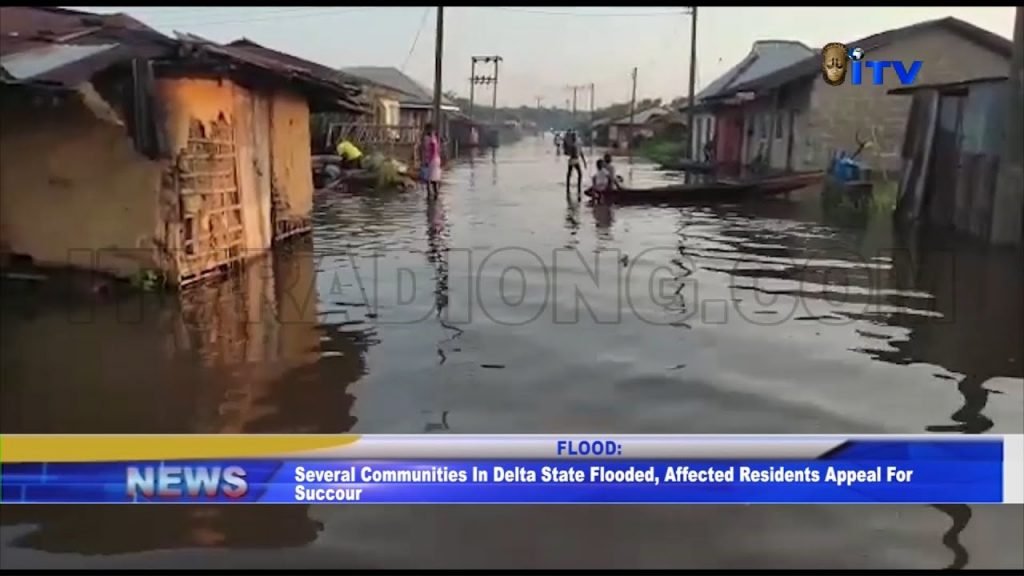
By David Akinmola
The Nigeria Hydrological Services Agency (NIHSA) has issued a fresh warning that floods may disrupt transportation on over 100 major roads across the country—including the strategic Okene-Abuja and Kebbi-Bunza highways—before August 5, due to heavy rainfall and rising water levels in several flood-prone regions.
In a statement released on Monday, NIHSA raised the alarm over increasing flood risks as Nigeria enters the peak of its rainy season, cautioning motorists, transport operators, and state authorities to brace for potential disruptions that could impact travel, logistics, and supply chains.
NIHSA’s Director-General, Clement Nze, disclosed that recent hydrological assessments show that water levels in rivers, tributaries, and catchment areas across several states are approaching critical thresholds, raising the likelihood of flash floods, road submersions, and erosion-induced damage.
“The flooding risk between now and August 5 is particularly high along low-lying and riverine corridors. We are closely monitoring areas like the Okene-Abuja highway in Kogi State and the Kebbi-Bunza axis in the North-West, where excessive runoff and poor drainage could lead to temporary closures,” Nze said.
Other vulnerable areas listed include parts of Niger, Nasarawa, Edo, Delta, Anambra, Bayelsa, Ogun, Taraba, and Adamawa states. NIHSA identified over 100 key federal and state roads that are susceptible to washouts, bridge failures, or prolonged waterlogging if current rainfall patterns persist.
The agency attributed the increased flooding threats to a combination of intense rainfall, poor urban drainage systems, blocked waterways, and unchecked land development near floodplains.
“Many roads are built without adequate flood defenses or are poorly maintained. This makes them extremely vulnerable during periods of heavy downpour,” Nze added, calling on relevant government agencies, including the Federal Ministry of Works, state road maintenance agencies, and emergency responders to act swiftly.
Motorists have been advised to monitor weather and road advisories, avoid flooded routes, and exercise caution when driving in affected areas. Commuters have also been warned against attempting to cross submerged roads, as water currents can be deceptively strong and dangerous.
Transport unions and logistics operators, particularly those moving goods between northern and southern Nigeria, expressed concern over the potential impact of road closures on delivery timelines, food supply, and fuel distribution.
Reacting to the warning, the Federal Road Safety Corps (FRSC) said it had deployed officers to monitor high-risk routes and provide traffic control in areas likely to be affected.
“We are working closely with NIHSA and other agencies to ensure early warnings are communicated to the public. Safety remains our top priority,” said FRSC spokesperson Bisi Kazeem.
NIHSA also urged state and local governments to activate their flood response plans, clear blocked drainage systems, and relocate residents in high-risk flood zones to temporary shelters, where necessary.
With rainfall intensifying across much of Nigeria, experts warn that the next few weeks could be critical for preventing major transport and humanitarian crises if proactive measures are not taken.
NIHSA is expected to issue further updates as weather conditions evolve and has encouraged the public to stay alert to official warnings through its website and emergency communication channels.








